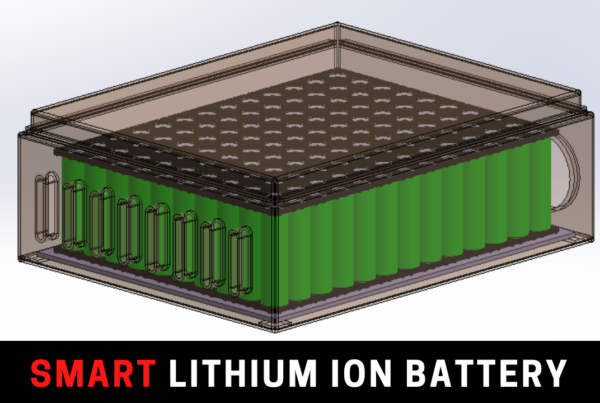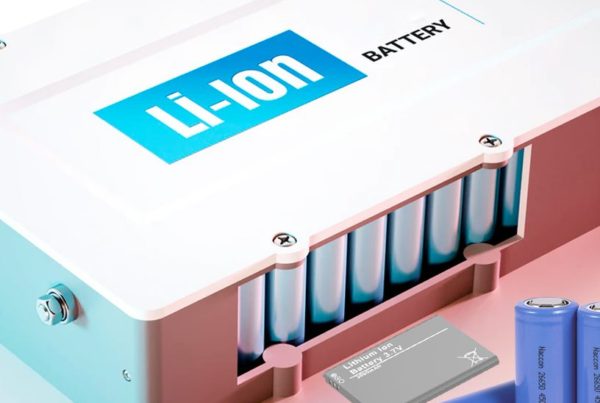A moment every CEO of Pakistani Solar Industry be proud of. On 15th July Mr. Zorays Khalid represented Pakistan on a Global Platform to engage UK parliamentarians interested in energy storage technologies and their applications, bringing them together with businesses, NGOs, and experts in the field of energy storage to share information, promote awareness and debate future policy options.
Our CEO represented Pakistan on an All-Party Parliamentary Group (UK) at The House of Parliament in a debate to curb concerns of Energy Storage consumers in a Subject Group convened by Peter Aldous MP Conservative Party, House of Commons, London. The Panel, chaired by Rt Hon Peter Aldous MP, discussed how safe installations and healthy workplaces can support the UK in leapfrogging other nations including Pakistan in providing the highest quality energy storage solutions, addressing questions such as:
- What are some of the risks that energy storage
market faces? - Who are the key drivers in delivering health and
safety solutions and support? - What work has been done in this area so far?
- How can we engage our workforce in health and
safety procedures innovatively? - What procedures should be in place for managing
fire hazards? - What markets can we learn from to leapfrog other
countries in the deployment of energy storage? - What areas does government need to support
further to tackle teething problems in the market?
Battery safety: UK net zero success could depend on 20 million ‘mini power stations’
Currently, the UK Storage Energy supply chain employ 10,000 (to the nearest thousand) people. While UK is 20 M households with solar powering systems away from its Net Zero goal, Bloomberg’s report on “Flexibility” solutions in High Renewable Energy Systems” estimated that 13% of carbon emissions could be saved by 2030, if there was high uptake of energy storage in the UK.
It is interesting to note that lithium-ion battery price have fallen by 85% since 2010. Not forgetting that 87% of domestic battery storage installations in the UK already trade energy with the grid. Wherein, Lead-acid batteries date back to as far as 1859, today, the most common battery chemistry in domestic applications is Lithium-ion.
Mr. Luke Osborne, an energy, sustainability, storage and innovation leader from Excellence in Electrotechnical and Engineering Services, commented on the essence of data monitoring and turning consumers into prosumers. Ms. Virginia President of RE Consumer Code emphasised on the profiling of consumption behaviour under RE Consumer Code orgnaization and highlighted that the retrofit solutions mandate extra precaution. Whereas, the necessity MCS certification is set as a target by 2050 to prevent cases going to consumer protection courts. Mr. Andrew, who has done MSc in relevant field of study, spoke on the ease of access of installation data as he drew a case for his native country New Zealand giving battery energy storage a financial sense retrospect. Dr. Paul from The Faraday Institute spoke about the industrial challenge by his institute to promote awareness in Storage Energy and EVs. He mentioned that today China owns 55~65% of the battery production where 4 Billion cells are being produced per annum. While Mr. Peter gave a perspective on Health Safety Practice and how he think it all narrates back to following the standards.
In this session by Renewable Energy Association, Zorays Khalid raised valid comments as to how standardizing BMS and incorporation of artificial intelligence is a way to harness the ever-growing storage market with the feed-in tariffs kicking in.
Another participant, Mr. Mark Thompson, furthered the argument of incorporating Battery Management Systems to prevent Battery Failure. He insisted a need for thermal inspection and enforcement of proper heat storage designs at the beginning. Senior from ABB, spoke as to how they train themselves around the logistics under transportation test UN 38.3 with nail penetration test. Ms. Victoria Moor is a battery specialist of Drax Group who emphasized the ongoing need of G99 test for 16A and above.
Now we are trying to make linkage with two of the manufacturers of Lithium Ion Battery Storage banks. One is AceOn and the new manufacturer of Lithum-Ion bank in Sunderland which will produce 30,000 battery packs. The manufacturer is Hyperdrive and their plant is called Hyve – you can find out more here.








